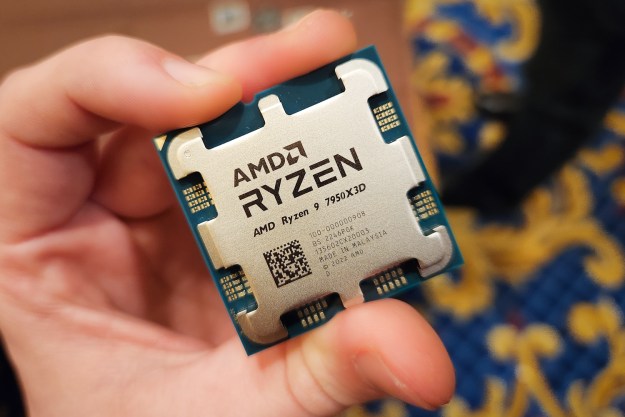With AMD’s new Ryzen 5000 processors snatching away Intel’s gaming performance crown, it’s a great time for gamers looking to get a new rig or upgrade any existing PC setups. If you happen to fall into the latter camp, there is even better news. Rather than having to upgrade your motherboard too, you could save some cash this holiday season by waiting for your board-maker to add support for your new CPU.
AMD had previously stated that beta firmware will be available by soon as early 2021 for 400-series boards, and it appears that some of its partners are able to deliver on that promise ahead of schedule.
One of those board manufacturers is ASRock, as reported by PC Gamer, which has pushed out a firmware update to 15 of its existing B450 series motherboards to support AMD’s latest silicon. According to the manufacturer, the B450 boards include its Steel Legend, Gaming, Pro, and HDV lines.
In addition to ASRock, Asus also confirmed on Twitter that new updates are forthcoming to support the Ryzen 5000 processors on its board.
“Asus 400-series motherboard BIOSes updates (AGESA 1.1.8.0) for AMD Ryzen 5000-series CPUs will drop in a couple of weeks,” the company stated in a tweet.

If you happen to own an AMD motherboard from another manufacturer, you may have to wait a little longer. There is no news of an update from other manufacturers yet, including big names like MSI, Gigabyte, or Biostar.
The reason this is all possible is because once again, AMD leveraged its AM4 socket for its Ryzen 5000 processors. Built on the same 7nm node found on the prior generation family of CPUs, its new Zen 3 design still manages a major uplift in performance. Early reviews confirmed AMD’s promise that upgraders to Ryzen 5000 will see about a 20% IPC increase, approximately a 25% improvement in power efficiency, and improved single-core performance when compared to Zen 2-based processors.

Though the Ryzen 5000 represents a huge generational improvement for AMD, it also allows AMD to more effectively compete — and beat — rival Intel’s Core i9 processors as the company makes inroads with enthusiasts and high-end gamers. Additionally, if you do decide to pick up an AMD processor, choosing an AMD graphics card, particularly the new Radeon RX 6000 series, over the competing Nvidia GPU solutions, you may be able to squeeze even more gaming performance by staying within the company’s ecosystem thanks to AMD’s Smart Access Memory. It’s a technology that allows system resources to be shared between the CPU and GPU, and early reviews suggested you can see a performance boost between 8% and 16%, depending on the game, by choosing AMD silicon.
It’s an exciting time to be a Team Red gamer, and it will be interesting to see how AMD will continue to drive even more performance to steal market share away from Intel and Nvidia in the future.
Editors' Recommendations
- I’ve used Intel CPUs for years. Here’s why I’m finally switching to AMD
- 4 CPUs you should buy instead of the Ryzen 7 7800X3D
- AMD’s next-gen CPUs are much closer than we thought
- AMD makes older PCs more upgradeable once again
- The one AMD 3D V-Cache processor you should avoid at all costs



